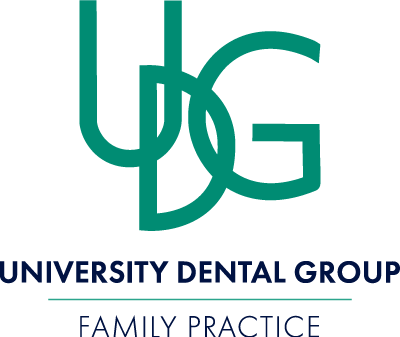Coral Gables Gum Disease Treatments
A majority of adults have some level of gum disease. At University Dental Group, we can improve the health of your gums, strengthen your teeth, and keep your bone healthy. Included in your regular dental cleaning, most adults will have scaling and root planing performed.


